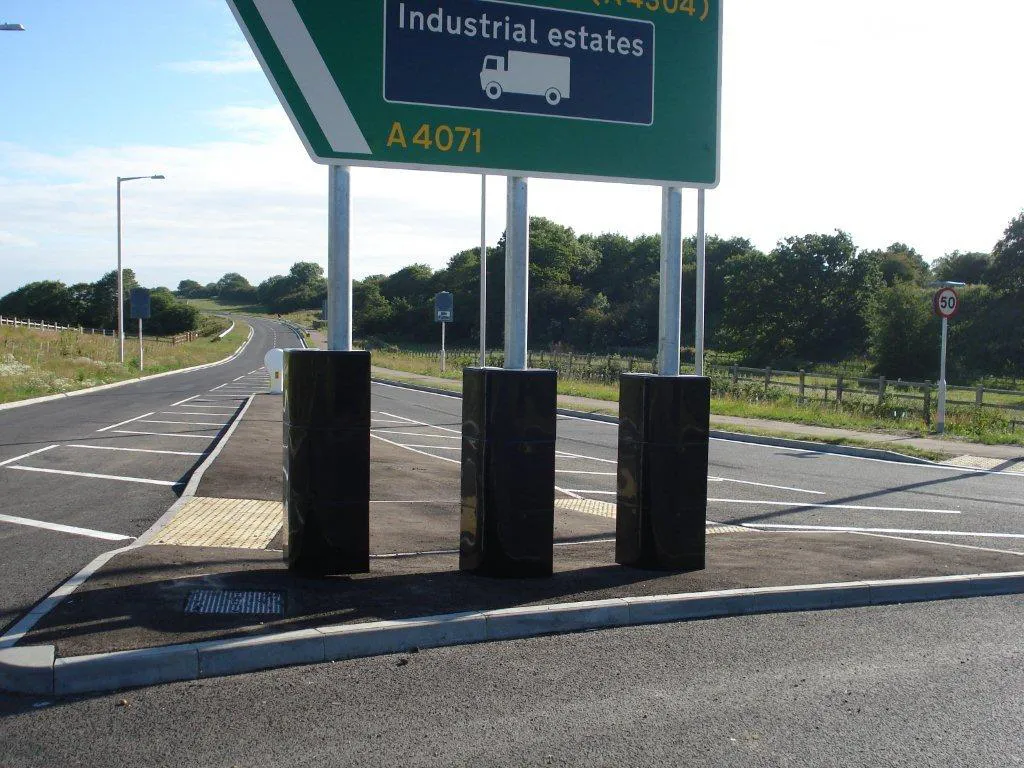Politicians can be an easy target for criticism. Their job involves making decisions that affect the lives of others, whether popular or unpopular, which they believe are nevertheless for the common good. But every once in a while politicians; international, national or local, do something so unutterably stupid it defies explanation. And in the US state of Michigan, the Senate has done just that by approving the repeal of the motorcycle helmet law.
February 27, 2012
Read time: 3 mins

Politicians can be an easy target for criticism. Their job involves making decisions that affect the lives of others, whether popular or unpopular, which they believe are nevertheless for the common good. But every once in a while politicians; international, national or local, do something so unutterably stupid it defies explanation. And in the US state of Michigan, the Senate has done just that by approving the repeal of the motorcycle helmet law.
Legislation was recently approved by the Michigan Senate which, if approved by the House, would repeal Michigan's nearly four-decade old mandatory motorcycle helmet law. Quite why Michigan's Senate should have voted for this change defies logic. The Senate Bill 291 was approved by a vote of 24:14 and allows individuals of 21 years of age or older to ride without a helmet if they have a medical policy of US$100,000 in place.
AAA Michigan has said it strongly opposes this move and says that repealing the current law will result in more motorcycle fatalities and injuries and higher costs for all motorists. An Office of Highway Safety Planning analysis found that a repeal of the law would result in at least 30 additional motorcycle fatalities each year, along with 127 more incapacitating injuries and $129 million in additional economic costs to citizens.
The2467 National Highway Traffic Safety Administration found that in the three years after Florida's repeal of its mandatory helmet law, there was an 81% increase in fatalities.
The previous US Secretary of Transportation Mary Peters is a keen motorcycle rider and when she held the post was an active campaigner for motorcycle safety. She voiced her opinions on the need for helmet laws on numerous occasions, attributing her survival from one motorcycle accident with only very minor injuries to her own use of personal protective gear, including a helmet.
From an international perspective, what the Michigan Senate has done runs entirely counter to current thinking by any safety group or politician in practically any country on the globe. In Europe for example helmet use is mandatory for motorcyclists, although enforcement is lax in some countries. Those European countries where helmet use is not strictly enforced have, without exception, the highest rates of fatalities amongst motorcyclists. On a European level, this is an issue identified as requiring further attention to boost safety. In Asia where motorcycle use continues to grow, there is widespread concern over the high accident, injury and fatality rates amongst powered two wheeler riders. Some countries, including China, Malaysia and Thailand, are already introducing safety measures to try and tackle casualties amongst motorcycle riders, with helmet wearing seen as a key priority.
Quite why the Michigan Senate should defy both common sense and accurate research data in approving changes to laws that will inevitably lead to a higher rate of crippling injuries and fatalities makes no sense whatsoever.
Legislation was recently approved by the Michigan Senate which, if approved by the House, would repeal Michigan's nearly four-decade old mandatory motorcycle helmet law. Quite why Michigan's Senate should have voted for this change defies logic. The Senate Bill 291 was approved by a vote of 24:14 and allows individuals of 21 years of age or older to ride without a helmet if they have a medical policy of US$100,000 in place.
AAA Michigan has said it strongly opposes this move and says that repealing the current law will result in more motorcycle fatalities and injuries and higher costs for all motorists. An Office of Highway Safety Planning analysis found that a repeal of the law would result in at least 30 additional motorcycle fatalities each year, along with 127 more incapacitating injuries and $129 million in additional economic costs to citizens.
The
The previous US Secretary of Transportation Mary Peters is a keen motorcycle rider and when she held the post was an active campaigner for motorcycle safety. She voiced her opinions on the need for helmet laws on numerous occasions, attributing her survival from one motorcycle accident with only very minor injuries to her own use of personal protective gear, including a helmet.
From an international perspective, what the Michigan Senate has done runs entirely counter to current thinking by any safety group or politician in practically any country on the globe. In Europe for example helmet use is mandatory for motorcyclists, although enforcement is lax in some countries. Those European countries where helmet use is not strictly enforced have, without exception, the highest rates of fatalities amongst motorcyclists. On a European level, this is an issue identified as requiring further attention to boost safety. In Asia where motorcycle use continues to grow, there is widespread concern over the high accident, injury and fatality rates amongst powered two wheeler riders. Some countries, including China, Malaysia and Thailand, are already introducing safety measures to try and tackle casualties amongst motorcycle riders, with helmet wearing seen as a key priority.
Quite why the Michigan Senate should defy both common sense and accurate research data in approving changes to laws that will inevitably lead to a higher rate of crippling injuries and fatalities makes no sense whatsoever.






